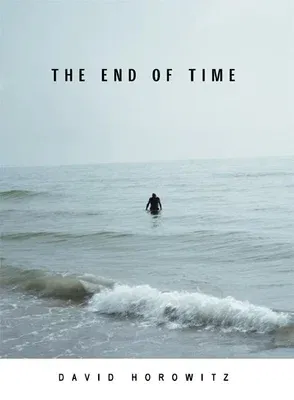Three days after terrorists slammed airliners into the World Trade
Center and the Pentagon, David Horowitz, as disoriented as the rest of
us by these cataclysmic events, discovered that he had prostate cancer.
As America declared war on terror, Horowitz began treatment, emerging
months later with a reprieve from his disease. He brought back with him
this remarkable book of hard-won insights about our country and
ourselves--how we get to our ends and what we learn along the way. An at
times heart-catching departure from the polemics and social criticism
that have made Horowitz one of our most controversial public
intellectuals, THE END OF TIME is a lyrical meditation on subjects
ranging from what parents inadvertently teach us in their deaths, to the
forbidding realities of the cancer ward, to the way in which figures
like Mohammed Atta use death as a strategy in becoming gods of their own
mad creation. Hovering protectively over these ruminations is Horowitz's
wife, April, whose stubborn love reached into the heart of his medical
darkness and led him back toward the light of this work. If THE END OF
TIME is about how the commitments we make in this life steer us toward
our fate, it is also about the redemptive power of language and
literature. One of the writers who helped Horowitz make sense of what
had happened to him and what was happening around him was the 17th
century Catholic philosopher and scientist Blaise Pascal, whose PENSEES
functions here as a model and guide. THE END OF TIME resembles the
PENSEES in its striking combination of sense and sensibility, and in the
way that its unflinching search for the truth is elevated by one
stunning epiphany after another. Citing Pascal's famous observation that
the heart has its reasons which reason does not know, Horowitz concludes
his journey by saying: I do not have the faith of Pascal, but I know its
feeling.... I will be unafraid when death comes. I will feel my way
toward the horizon in front of me, and my heart will take me home.

